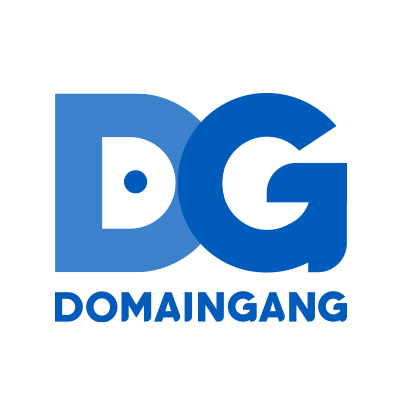YOUR AD HERE
It’s highly unlikely registrants will lose their domains because of the UK’s treaty.
You’ve likely seen several articles over the past week warning that .io domain names might be in jeopardy.
Years ago, I would have jumped on this bandwagon. But I don’t think .io domain owners have anything to worry about.
What’s happening?
Like all two letter top level domains, .io is a country code top level domain name (ccTLD). It’s the two-digit code for British Indian Ocean Territory, an overseas territory of the United Kingdom located in the Indian Ocean.
After much pressure, the UK has agreed to a deal that will hand over control of the territory to the country of Mauritius.
This means that the British Indian Ocean Territory might cease to exist. And that technically means trouble for .io domains.
ICANN defers to ISO, a standards organization, when deciding which country code domains should exist and what their two-letter code is. If ISO boots IO, a process would begin to retire the top level domain.
In 2008, I asked ICANN what would happen if the island nation of Tuvalu ceased to exist as rising waters swamped the country. Its .tv country code has become popular with video sites. ICANN told me:
The simple answer is if a country ceases to exist, under existing policy the domain will need to be retired. ICANN will permit a reasonable transition period so the affected parties can transition to other domains. In the most recent case, .YU (replaced with .RS and .ME), there was a 3 year transition period assigned by the ICANN Board.
So people are right to question .io’s future. .Yu isn’t the only ccTLD to be removed, although not all domains have followed this process.
And yet, there’s a pragmatic side to this issue. ICANN’s goal is the security and stability of the domain name system. What impact does yanking a popular top level domain, used by small and large companies alike, have on the domain name system? It would be counter to ICANN’s mission.
More likely scenarios
While I don’t think ICANN would move to delete the .io namespace, there are some practical implications.
The people sweating the most right now are at Identity Digital, the company that runs the .io namespace.
Identity Digital acquired the namespace when it bought Afilias a few years ago. .Io was likely a key value driver for the acquisition.
A couple of things could happen to Identity Digital’s deal for .io.
One is that nothing happens. ICANN allows it to continue running .io, and the name isn’t “handed over” to Mauritius.
The other is that the domain is handed to Mauritius, or the country negotiates a deal with Identity Digital to take a cut of revenue.
The latter could impact domain registrants because they might end up paying more for registrations and renewals in the future.
Bigger risks exist for other ccTLD users
While I don’t think .io registrants have much to worry about, I believe it’s important for ccTLD registrants to understand more about the domains they are using.
ccTLDs are the wild west of the internet. ICANN has little oversight over these domains, and each country can set its own policies.
Was it wise for Notion to set up shop on .so? That’s Somalia’s domain name, and that’s not the most stable country. (The company later bought notion.com).
And how about when bit.ly started on .ly? That’s Libya’s domain and comes with many risks.
Unstable countries are only part of the problem.
A hot ccTLD right now is .ai, which many artificial intelligence companies have adopted.
.Ai is the country code for the island of Anguilla and its 15,000 inhabitants.
Over 500,000 .ai domains are now registered. But basically, one guy in Anguilla sets the policies for the domain, and those policies have changed.
There are many unusual rules for using .ai domains that can change on a whim.
(That’s not to mention what a Hurricane can do. While .ai has become more robust over the years, I sometimes hear about similar issues in other ccTLDs.)
The takeaway
Domain registrants should be aware of what they are registering when they choose a two letter domain. Many of these country code domains have little oversight, which introduces a risk to anyone using them. However, I believe the current uproar over .io is overblown.
 11 months ago
46
11 months ago
46








 English (US) ·
English (US) ·